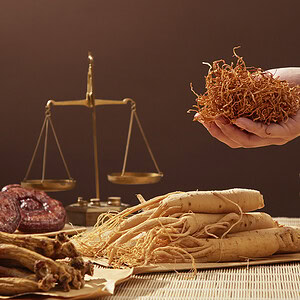Feature
Love them or hate them, Brussel sprouts may have some great benefits for the gut
Brussel sprouts aren’t just for Christmas and should be incorporated into our diets this winter in as many ways as we can, says Dr Sunni Patel, founder of Dishdashdeets, a platform providing education around gut health.
Brussels sprouts are part of the brassica family along with cabbage, kale and broccoli. This family of leafy vegetables are rich in fibres such as cellulose, hemicelluloses and pectin, as well as the compound glucosinolate (responsible for their bitter taste) which provide fuel for the gut bacteria to help create short chain fatty acids (SCFAs) within the gut environment.
Dr Patel says that 80g of sprouts (around 7 sprouts) contains around 2g of fibre, which helps to ensure adequate bowel movement and frequency.
“SCFAs,” says Dr Patel, “such as acetate, propionate and butyrate in turn are known to strengthen the gut barrier function and have several health benefits (supporting immunity, weight, glucose and cholesterol) that originate from the healthy balance of the gut bacteria.”
Maintaining a healthy balance of the gut bacteria, through diet, lifestyle and other factors, helps to keep the gut and our body functions at their best, especially with increasing evidence suggesting links between the gut and the brain, lungs, heart and skin.
Here are four ways to enjoy sprouts:
- Try creating different textures: there is more to sprouts than just boiling them – raw and shaved in salads, or stir-fried and roasted.
- Give them some flavour: add ingredients like turmeric or tahini, or add them to dips.
- Substitute or add them to other greens: they can help add a different layer of flavour to cabbage and other leafy greens. If you like bubble and squeak or fritters, try adding some sprouts to the mix.
- Add other ingredients to bring out the best of sprouts: nuts, seeds, or dried fruits like cranberries and goji berries.






